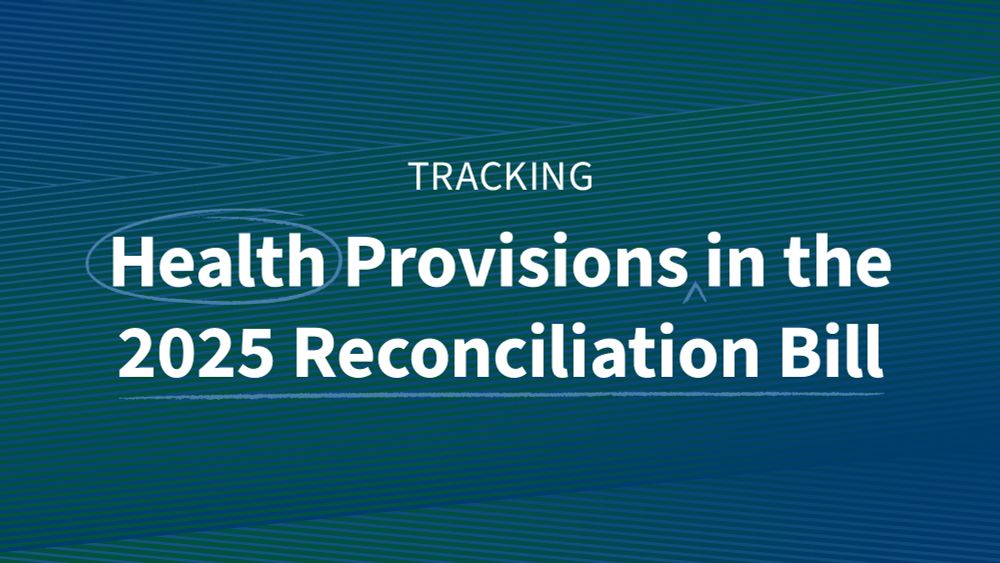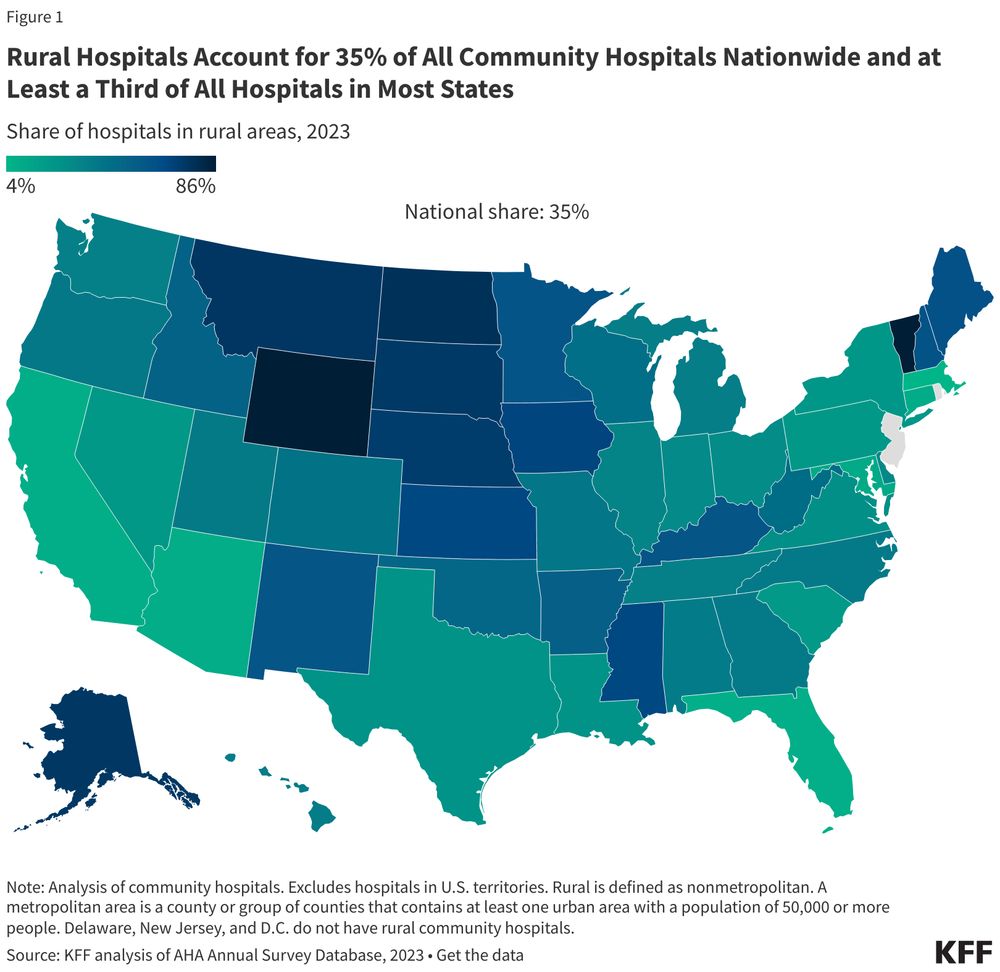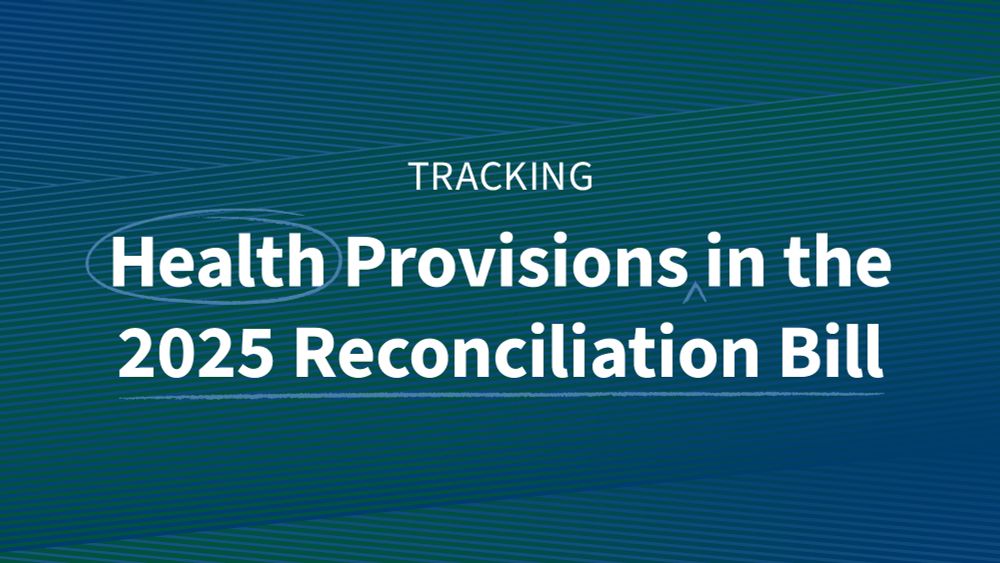

Thanks for relying on our health policy analysis, polling and journalism.
www.kff.org/affordable-c...

www.kff.org/affordable-c...
The problem is health care costs, not the ACA.

The problem is health care costs, not the ACA.


Thanks for relying on our health policy analysis, polling and journalism.

Thanks for relying on our health policy analysis, polling and journalism.
Yesterday’s announcement on Tylenol and autism will add significantly to it.

Yesterday’s announcement on Tylenol and autism will add significantly to it.
Overall, we find most parents view routine childhood vaccines (MMR, polio) as safe and important but are less confident in seasonal shots.

Overall, we find most parents view routine childhood vaccines (MMR, polio) as safe and important but are less confident in seasonal shots.

www.washingtonpost.com/health/2025/...

www.washingtonpost.com/health/2025/...

![KFF graphic featuring a quote from Liz Hamel, KFF Vice President and Director of Public Opinion and Survey Research. It says, “[Secretary Kennedy] has promised to restore public trust in the CDC, but our polling data suggests real challenges given how skeptical the public — and Republicans in particular — are about the agency.”](https://cdn.bsky.app/img/feed_thumbnail/plain/did:plc:zpwka3ky6phhcwmwor4tu5xj/bafkreictyvq2avtqvkbc74bf5j2svs5wdgys6ad67czz6bnew2b3ocbkiu@jpeg)

kffhealthnews.org/news/article...

kffhealthnews.org/news/article...

@kff.org's tracker shows the differences for Medicaid, the ACA, Medicare and Health Savings Accounts - along with how they change current law:
www.kff.org/tracking-the...

@kff.org's tracker shows the differences for Medicaid, the ACA, Medicare and Health Savings Accounts - along with how they change current law:
www.kff.org/tracking-the...



As the Senate debates the bill, our analysis explains the proposals in the House-passed version.

As the Senate debates the bill, our analysis explains the proposals in the House-passed version.
My key takeaway is that they value work and also really rely on their Medicaid coverage.

My key takeaway is that they value work and also really rely on their Medicaid coverage.
www.kff.org/affordable-c...

www.kff.org/affordable-c...
www.kff.org/tracking-the...

www.kff.org/tracking-the...

